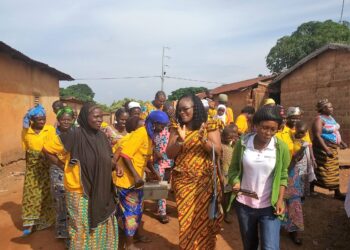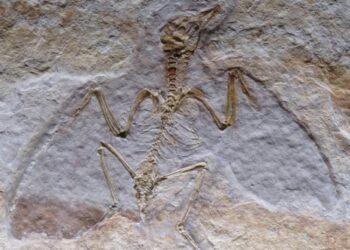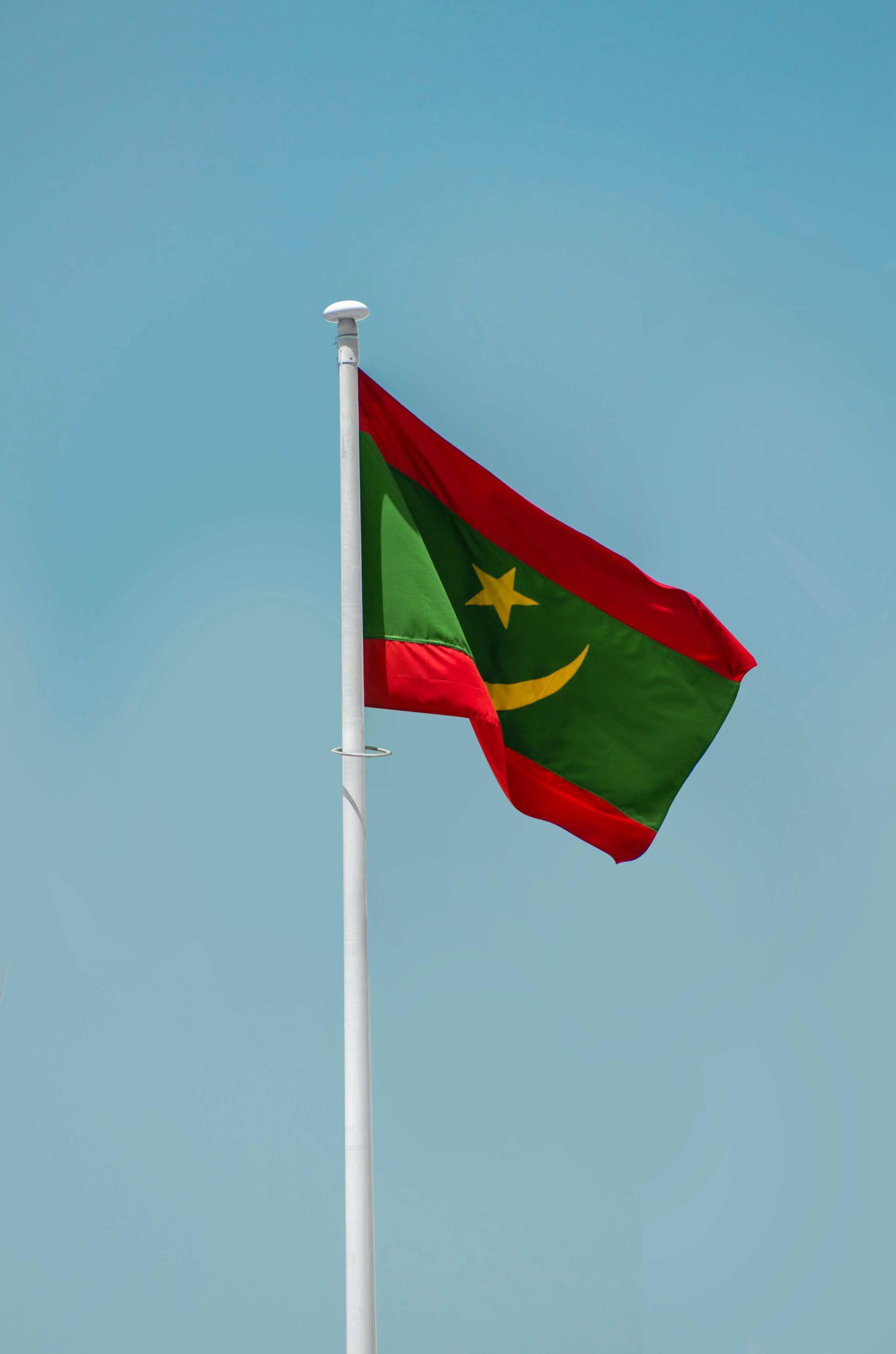The Oromo people are one of the largest ethnic groups in Ethiopia and East Africa. With a population of over 40 million, the Oromo people are known for their rich culture and history that spans centuries. The Oromo people have a distinct language, beliefs, and traditions that have been passed down from generation to generation.
The Oromo people have a long and fascinating history, with their origins dating back to the 16th century. The Oromo people were one of the first groups in Ethiopia to adopt Islam, and over time, they developed a unique blend of Islam and traditional Oromo beliefs.
The Oromo people have a rich and diverse culture that has been shaped by their history and beliefs. One of the most important aspects of Oromo culture is their music and dance. Oromo music is known for its distinct rhythm and melody, and it is often accompanied by traditional instruments such as the krar, a small lyre.
Another important aspect of Oromo culture is their art and crafts. The Oromo people are skilled weavers, and they produce beautiful textiles such as shawls and blankets. They also create intricate wood carvings and pottery.
Despite the challenges that the Oromo people have faced throughout their history, they have remained resilient and have worked hard to preserve their culture and identity. Today, the Oromo people are an integral part of Ethiopian society, and their contributions to the country’s diversity and rich heritage are widely recognized.
Oromo Language and Literature
The Oromo language is one of the most widely spoken languages in Ethiopia, with over 30 million speakers. The Oromo language has its own unique script, and it is widely used in literature and education.
Oromo literature has a long and rich history, with many important works dating back to the 19th century. One of the most important Oromo literary works is the book “Borana Calendar”, which is a collection of poems and songs that celebrate the Oromo way of life.
In recent years, there has been a renewed interest in Oromo literature, with many young Oromo writers and poets emerging. This has helped to promote the Oromo language and culture and has contributed to a greater understanding and appreciation of Oromo traditions and beliefs.
Religion and Beliefs of the Oromo People
The Oromo people have a unique blend of Islam and traditional Oromo beliefs. Many Oromo people practice Islam, but they also incorporate traditional Oromo beliefs and practices into their religion.
One of the most important traditional Oromo beliefs is the belief in Waaq, the supreme being. According to Oromo beliefs, Waaq is the creator of the universe and all living things. The Oromo people believe that Waaq is present in all aspects of their lives, and they offer prayers and sacrifices to Waaq to seek his blessings and guidance.
The Oromo people also have a deep respect for nature and the environment. They believe that all living things have a spirit and should be treated with respect and reverence. This belief is reflected in many Oromo traditions and customs, including their music and dance, which often celebrate the beauty and diversity of nature.
Traditional Practices and Customs
The Oromo people have a rich and diverse set of traditions and customs that have been passed down from generation to generation. One of the most important Oromo customs is the Gada system, which is a traditional system of leadership and governance.
The Gada system is based on a 8-year cycle, and each year is associated with a specific set of responsibilities and duties. The Gada system is led by a council of elders, and it plays an important role in maintaining social order and resolving disputes.
Another important Oromo custom is the Irreecha festival, which is a celebration of the harvest season. The Irreecha festival is held every year in September or October, and it is a time for the Oromo people to give thanks to Waaq for the bountiful harvest.
The Oromo people also have a rich tradition of oral storytelling, which has been used to pass down their history, traditions, and beliefs from one generation to the next.
Oromo People in Modern Times
In modern times, the Oromo people have faced numerous challenges, including colonization, oppression, and marginalization. Despite these challenges, the Oromo people have remained resilient and have continued to fight for their rights and recognition.
Today, the Oromo people are an important part of Ethiopian society, contributing to the country’s diversity and rich heritage. Many Oromo people are involved in politics, education, and business, and they are working hard to promote Oromo culture and traditions.
The Oromo people have also established diaspora communities in many parts of the world, including the United States and Europe. These communities have played an important role in promoting Oromo culture and raising awareness of the challenges that the Oromo people face.
Challenges Faced by the Oromo People
Despite the progress that the Oromo people have made in recent years, they still face many challenges. One of the biggest challenges is discrimination and oppression from the Ethiopian government and other ethnic groups.
The Oromo people have been subjected to land seizures, forced evictions, and arbitrary arrests and detention. They have also been denied basic rights and freedoms, including the right to freedom of expression and association.
In recent years, there has been a growing movement among the Oromo people to demand greater rights and recognition. This movement has been led by organizations and movements such as the Oromo Liberation Front and the Oromo Federalist Congress, which are working to promote Oromo rights and autonomy.
Organizations and Movements Advocating for the Oromo people Rights
There are many organizations and movements that are advocating for Oromo rights and autonomy. One of the most important of these organizations is the Oromo Liberation Front (OLF), which was founded in 1973 to fight for the rights of the Oromo people.
The OLF has faced many challenges over the years, including government repression and internal divisions. However, it continues to be an important voice for the Oromo people and has played a key role in promoting Oromo rights and autonomy.
Another important organization is the Oromo Federalist Congress (OFC), which was founded in 2008 to promote Oromo rights and autonomy within the framework of the Ethiopian constitution. The OFC has been involved in many important political and social issues, and it has played a key role in promoting Oromo rights and autonomy.





